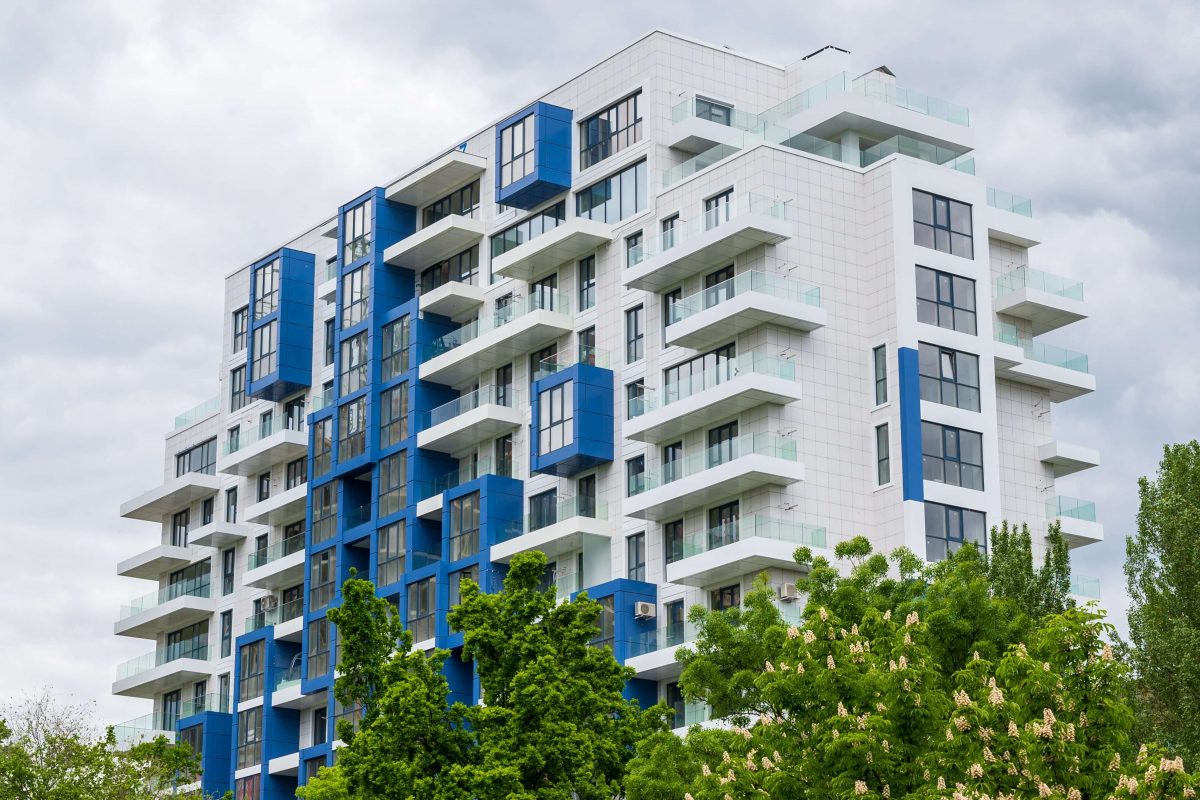America Mortgages is proud to bring you these quotes from some of history’s smartest people. In their own simple yet clever way, each quote shows that real estate could be the best way to increase wealth.
Real estate is a numbers game. But that doesn’t mean a few words can’t help investors dominate the market. Real estate investing is an extremely emotional pursuit. Between investors’ swing moods, that many times drives the market, to the risks that are involved with investing, emotions can sometimes run high. America Mortgages has a unique line of mortgage products regardless of where in the U.S. you’d want to invest.
Enjoy the selection of quotes from history’s greatest minds and investors, including Warren Buffett, Mark Twain, and Teddy Roosevelt. So the next time you need a little motivation to keep going, here are a few quotes for you to reflect on.
1) Real estate cannot be lost or stolen, nor can it be carried away. Purchased with common sense, paid for in full, and managed with reasonable care, it is about the safest investment in the world.
Franklin D. Roosevelt, U.S. president
2) Buy land, they’re not making it anymore.
Mark Twain, writer, and humorist
3) Ninety percent of all millionaires become so through owning real estate. More money has been made in real estate than in all industrial investments combined. The wise young man or wage earner of today invests his money in real estate.
Andrew Carnegie, billionaire industrialist
4) Buy on the fringe and wait. Buy land near a growing city! Buy real estate when other people want to sell. Hold what you buy!
John Jacob Astor, real estate and business mogul
5) In the real estate business, you learn more about people, and you learn more about community issues, you learn more about life, you learn more about the impact of government, probably than any other profession that I know of.
Johnny Isakson, U.S. senator
6) Some people look for a beautiful place. Others make a place beautiful.
Hazrat Inayat Khan, spiritualist
7) Games are won by players who focus on the playing field—not by those whose eyes are glued to the scoreboard. If you instead focus on the prospective price change of a contemplated purchase, you are speculating. There is nothing improper about that. I know, however, that I am unable to speculate successfully, and I am skeptical of those who claim sustained success at doing so.
Warren Buffett, billionaire investor
8) Landlords grow rich in their sleep without working, risking, or economizing.
John Stuart Mill, political economist
9) Every person who invests in well-selected real estate in a growing section of a prosperous community adopts the surest and safest method of becoming independent, for real estate is the basis of wealth.
Theodore Roosevelt, U.S. president
10) Don’t wait to buy real estate. Buy real estate and wait.
Will Rogers, actor
11) Buying real estate is not only the best way, the quickest way, the safest way, but the only way to become wealthy.
Marshall Field, entrepreneur
12) I still think buying a home is the best investment any individual can make.
John Paulson, billionaire
13) I have always liked real estate, farmland, pastureland, timberland, and city property. I have had experience with all of them. I guess I just naturally like ‘the good Earth,’ the foundation of all our wealth.
Jesse Jones, entrepreneur
14) If you’re not going to put money in real estate, where else?
Tamir Sapir, business mogul
15) To be successful in real estate, you must always and consistently put your clients’ best interests first. When you do, your personal needs will be realized beyond your greatest expectations.
Anthony Hitt, real estate professional
16) The best investment on Earth is Earth.
Louis Glickman, real estate investor
17) A funny thing happens in real estate. When it comes back, it comes back up like gangbusters.
Barbara Corcoran, real estate investor
18) It is a comfortable feeling to know that you stand on your own ground. Land is about the only thing that can’t fly away.
Anthony Trollope, novelist
19) In my experience in the real-estate business, past success stories are generally not applicable to new situations. We must continually reinvent ourselves, responding to changing times with innovative new business models.
Akira Mori, real estate developer
20) Now, one thing I tell everyone is to learn about real estate. Repeat after me: real estate provides the highest returns, the greatest values, and the least risk.
Armstrong Williams, entrepreneur
Real estate investors need to stay motivated and open to new ideas, loan programs, and suggestions. Hopefully, these quotes will help prospective investors and veterans alike get there.
For more information, please contact [email protected].










